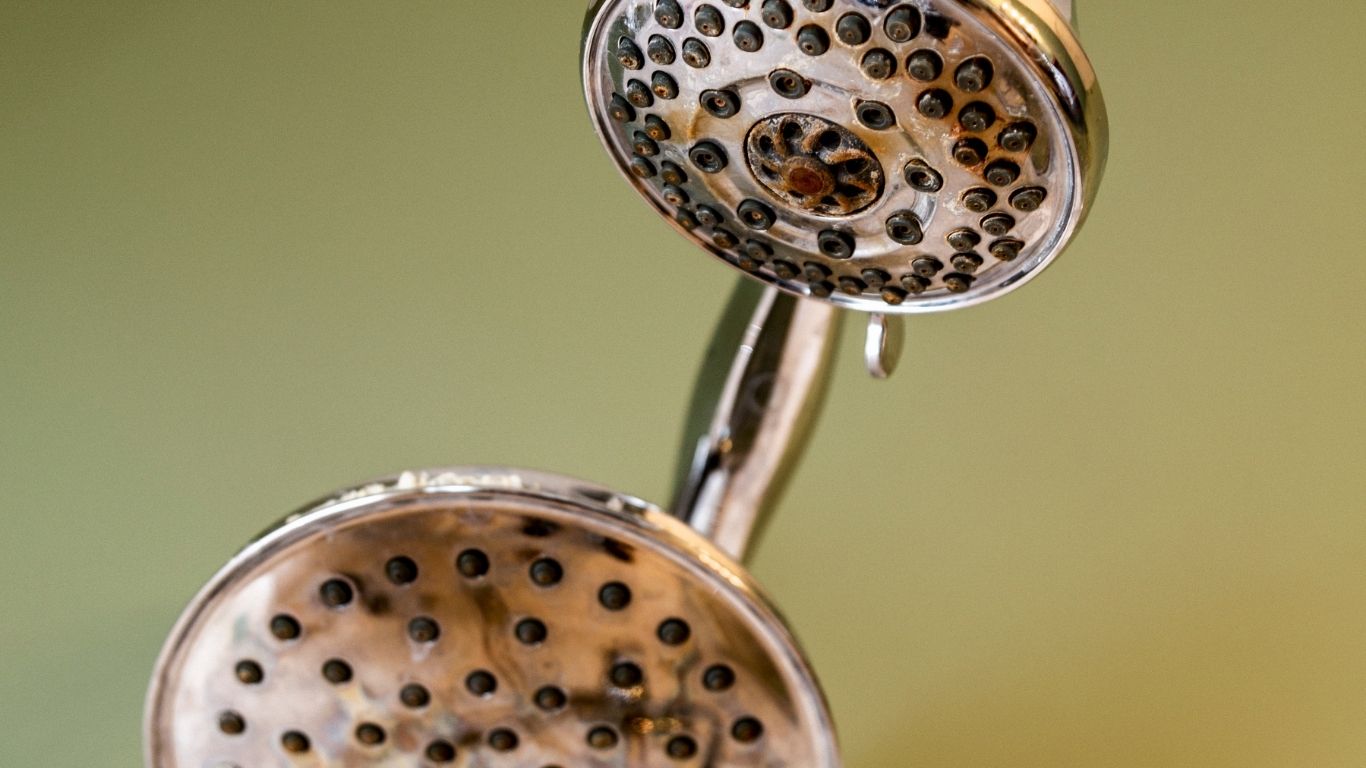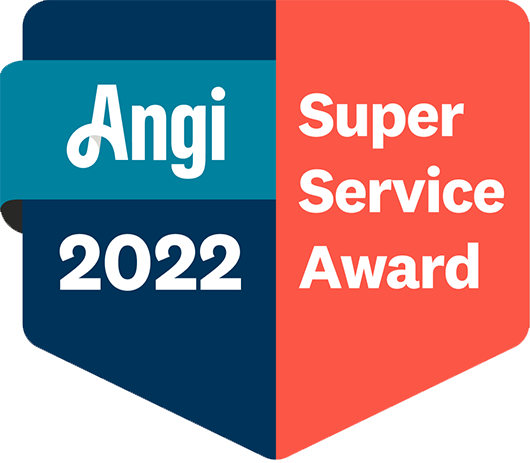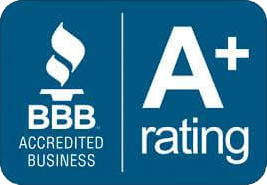In Long Island, residents often find themselves grappling with a common challenge – hard water. The presence of minerals like calcium and magnesium in the water supply can have far-reaching consequences, affecting everything from our skin and hair to the efficiency of household appliances. In this blog, we will delve into the problem of hard water in Long Island, exploring its causes, impacts, and, most importantly, the solutions available to tackle it.
Understanding Hard Water
Water hardness is the level of dissolved calcium and magnesium in the water. Hard water has high mineral content, primarily calcium and magnesium. When you wash your hands with hard water, you might notice a residue due to soap reacting with the abundant calcium, creating “soap scum.” Hard water requires more soap or detergent for effective cleaning of hands, hair, or laundry.
The Long Island Hard Water Problem
Long Island grapples with moderately hard-to-hard water, with an average hardness ranging from 7 to 12 grains per gallon (GPG). Long Island draws its home tap water from underground aquifers, which contain varying levels of calcium and magnesium – soluble minerals found in the local soil. The groundwater can also contain other, additional contaminants such as PFOAs, disinfectants, industrial chemicals, and more.
The Impact of Hard Water on Long Islanders
According to a study by the Suffolk County Water Authority, over 65% of homes and businesses across Long Island are affected by these hard water issues:
- Scale Buildup and Appliance Impact: Hard water can lead to the formation of mineral deposits, commonly referred to as scale, on fixtures such as faucets, showerheads, and pipes. Over time, this scale buildup can not only restrict water flow but also affect household appliances like washing machines, dishwashers, and water heaters. The minerals from hard water can accumulate inside these appliances, causing clogs, reduced efficiency, and even premature breakdowns. As a result, appliance performance may be compromised, leading to higher maintenance and replacement costs.
- Soap Scum, Staining, and Cleaning Woes: Another consequence of hard water is the formation of soap scum. When hard water reacts with soap, it creates a stubborn residue that can adhere to bathroom fixtures, glass surfaces, and even clothing. This soap scum makes cleaning a challenging and time-consuming task. Additionally, hard water can lead to unsightly staining on sinks, bathtubs, and toilets, further detracting from the aesthetics of your home.
- Dry Skin, Hair, and Toiletries: The minerals in hard water can strip natural oils from your skin and hair, leaving them dry, itchy, and prone to irritation. Moreover, the reduced lathering ability of shampoo and soap in hard water can hinder your daily grooming routine, making it less enjoyable.
- Taste and Drinking Water Quality: Hard water’s impact isn’t limited to physical effects; it can even alter the taste of the water you consume. The high mineral content, primarily calcium and magnesium, can create a taste that some find unpalatable or less enjoyable than soft water.
Solutions for Hard Water
The best solution to Long Island’s hard water problem is to install a water softening system. Here’s why these systems are a crucial investment:
- Energy and Cost Savings: Softened water allows appliances to operate more efficiently, resulting in energy savings and reduced maintenance costs. Additionally, by preventing scale buildup, you can avoid expensive repairs and replacements.
- Improved Cleaning: Softened water eliminates soap scum, reduces staining, and enhances the efficiency of cleaning processes. It leaves surfaces, glassware, and clothing noticeably cleaner and brighter.
- Enhanced Skin and Hair Health: By effectively removing the minerals that often contribute to dryness and irritation, water filtration systems play a crucial role in providing remarkably gentler water for bathing and grooming purposes. This, in turn, helps to nourish and promote the well-being of your skin and hair, leaving them healthier, softer, and more lustrous.
- Improved Taste: Hard water often has a distinct taste due to the high mineral content, which can be off-putting to many people. Water softening systems not only eliminate these minerals, but also improve the overall taste and odor of the water. This means a more refreshing and enjoyable experience whether you’re drinking a glass of water, brewing coffee, or making soup.
Simply PURE Whole House Water Softening
Installing Simply PURE Whole House Water Softening in your Long Island home can truly transform your daily life. These innovative systems effectively tackle the detrimental effects of hard water, addressing concerns related to skin and hair health, pipe and appliance maintenance, and overall water quality. By opting for these cutting-edge systems, you can create a more comfortable and efficient living environment, offering a comprehensive solution to the challenges posed by hard water. Contact us today and ask about our free water quality analysis to get started.
About Simply PURE Water Filtration Services
Living in and serving the Long Island community, we strive to make sure everyone has access to clean, healthy water. We have the experience, knowledge, and industry-leading technology to provide clean water solutions for water impurities, contaminants, hard water, bad tasting/odors, well water, acidity & pH regulations.
Proud members of the WQA (Water Quality Association), and the EWQA (Eastern Water Quality Association), we adhere to strict guidelines and the WQA code of ethics. As a Pentair True Blue Partner and Authorized Distributor of Pentair Products, there’s nothing comparable to the performance, and efficiency of our whole house purification systems, water softeners, neutralizers, whole-house filters, and alkaline reverse osmosis systems for drinking in the convenience of your home.
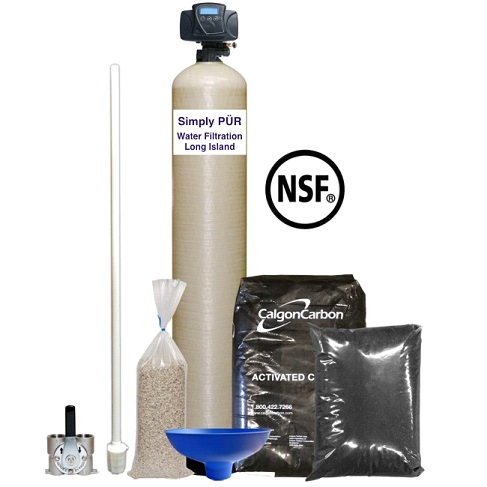
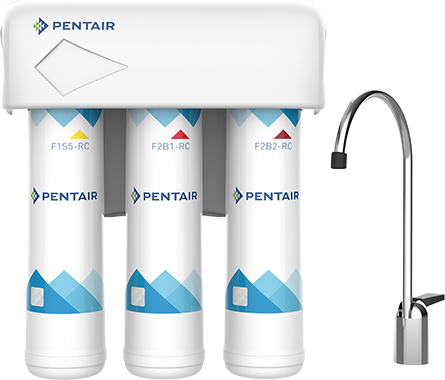
Our products are all NSF / ANSI certified, meeting the highest safety standards and quality performance. Providing our community with only the best experience of high quality water that’s Simply PURE from our family to yours!
Simply PURE utilizes accurate testing methods before and after system installation, as well as annual maintenance of all your water treatment equipment. Our Revolutionary Custom Built Water Treatment systems upon the completion of a Free In-Home Water Analysis, or an in-depth Comprehensive Water Analysis of your choice sent to our Certified Laboratory.

